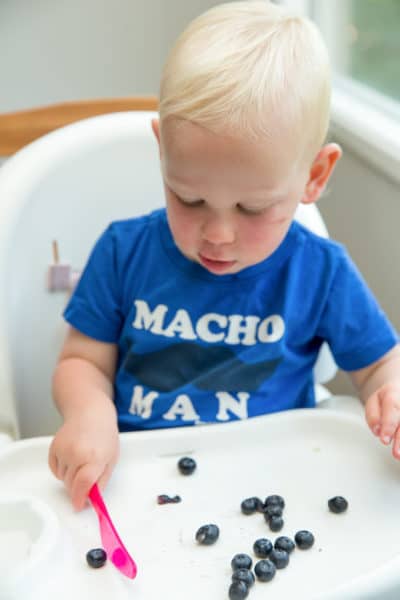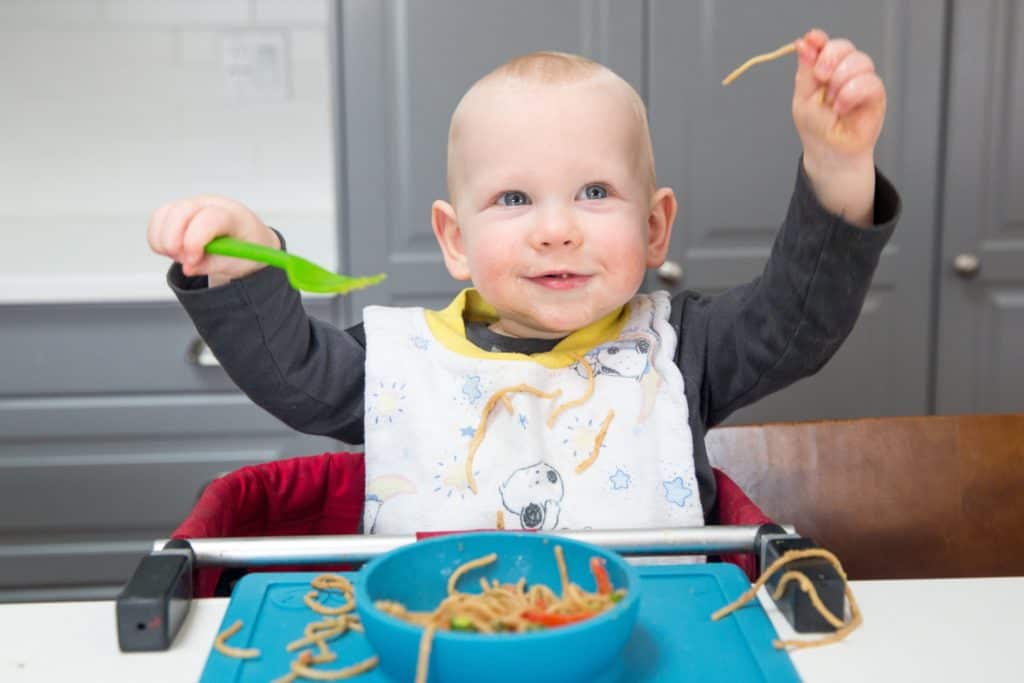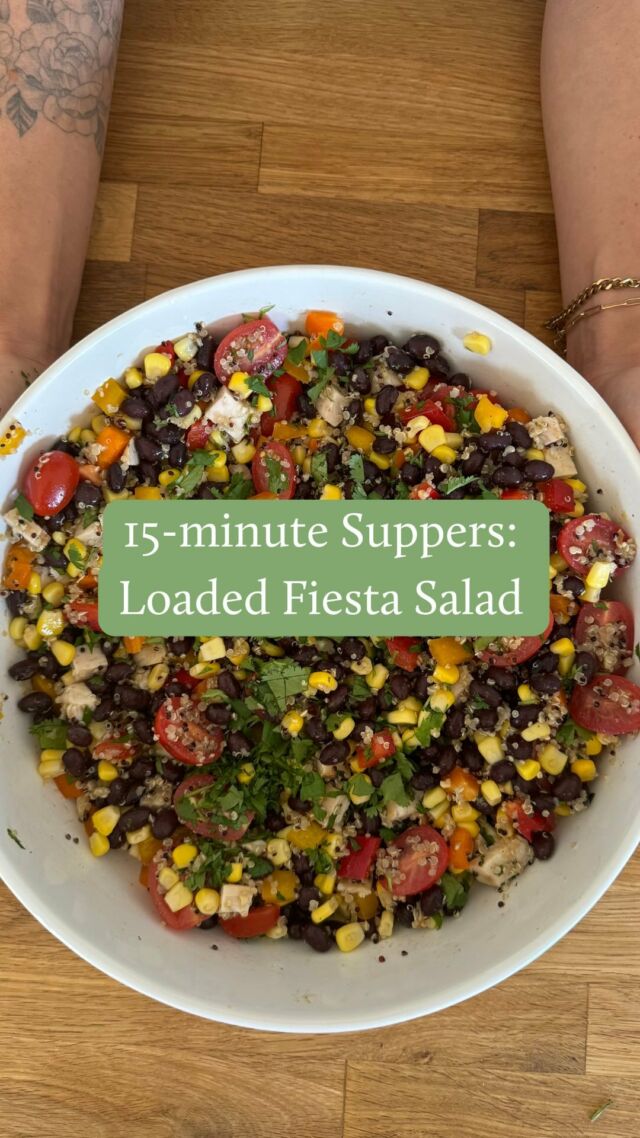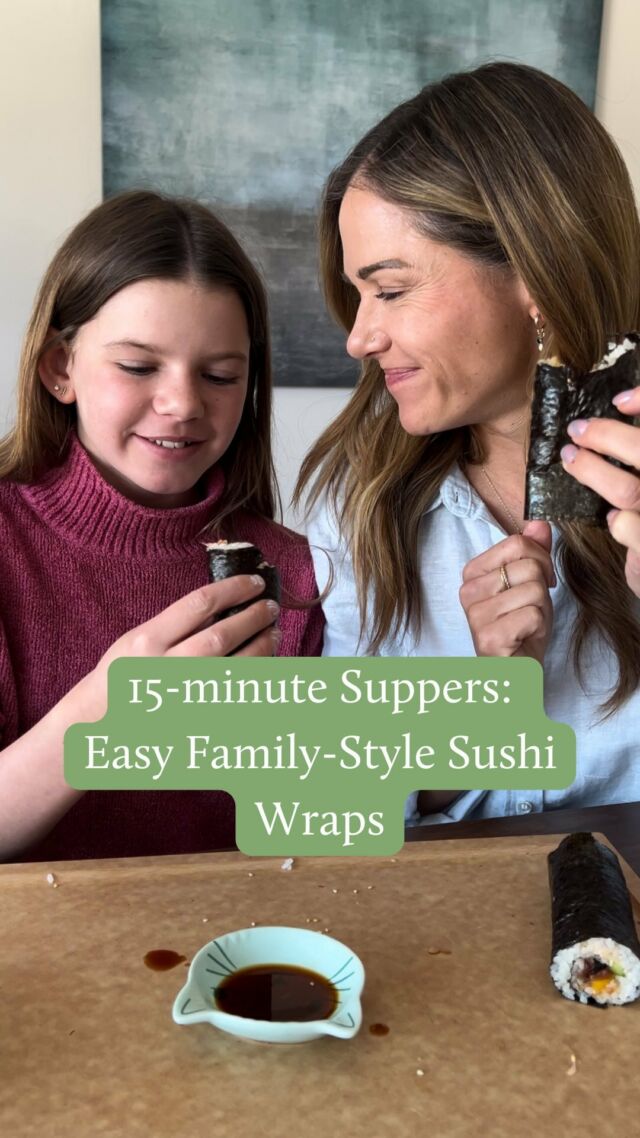Having a two year old is fun, fascinating and frustrating all at the same time. Especially when it comes to eating.

These little people are now asserting their independence and trying to gain some control over their lives, and they will take control if we let them. If this happens, we as parents feel as though we are losing control and life becomes a little more chaotic. Toddlers are smarter than we think! I have had to remind myself of how important mealtime structure is over the past week or so. My toddler has been sick with a bad cold, and because of this, we’ve been a little bit more lenient when it comes to eating. Now that he’s feeling better, he has now decided that he is in control of what, when and where he eats.
Ummmm, no.
So we’re re-establishing some structure around feeding and eating in our house…

Feeding our kids: What is our responsibility?
What I’ve learned through personal experience and in the research that I’ve done on toddler nutrition, is that these little people NEED structure. When it comes to meal times, it’s important that we, as parents, take responsibility for the What’s, When’s and Where’s of feeding . However, it’s equally important that we let our young children be responsible for the Whether’s and How much’s of eating. This is the corner stone of Ellyn Satter’s (Author of The Division of Responsibility of Feeding, Dietitian and Mental health Specialist) philosophy when it comes to feeding young children. We decide what the child will be eating, where that child will be eating and when that child will be eating. This is how we provide structure for them when it comes to meal times–something that they NEED to both develop a healthy relationship with food, and to respect you as the parent.
Let’s break it down further…
The What’s:
You as the parent get to decide what you baby, toddler or child eats. Ideally, you should provide a variety of foods (at least three at meals and at least 2 at snacks) with different colours, flavours and textures. At family meals, your child should be served the same foods that the rest of the family is eating. In other words, even if you child is a picky eater, they should not receive a special meal and you should not play “short-order cook” (as tempting as it is). When they are old enough (I can now do this with my toddler), try to include your child in meal prep (even in little tiny ways)–this will help them to be more open to trying a new food or eating their meal. When your kids get a little bit older, you can then give them structured choice at meal or snack times. In other words, give them two choices of snacks (one or the other). This gives them a little bit of control while still maintaining structure.
The When’s:
Eating should not be a free-for-all. There should be structured meal and snack times every day so that your child knows when to expect another chance to eat. Because young children have small tummies, ideally they should be offered food every three hours or so. So, three meals with snacks in between and depending on bed time, before bed. This timing structure will help your child to eat until he or she is comfortably full and develop a healthy appetite for meals and snacks.
The Where’s:
Meals and snacks should ideally be eaten at a kitchen or dining room table, free from distractions. If some meals are served at the table and some of served in front of the TV, your child will soon want to eat all meals in front of the TV because it’s more fun. When your children eat in front of a screen, they aren’t focusing on their food or their inner hunger or fullness signals, they’re instead focusing on what they’re watching. Also, you’ll find that you’re spending more time cleaning up spilled food and crumbs! Establish one or two places (preferably at a table) where everyone in the family eats. This will encourage more family meals (which have MANY benefits) and also provide more structure for your child.
Now it’s time to let go of the control…

The Whether’s and How much’s:
It is completely up to your child as to whether or not he or she eats what you’ve served (and how much). I know- this is really hard for us as parents, especially after we’ve spent time making a healthy, tasty meal or snack. We need to take a step back and let our kids decide if they are going to eat their food and how much they are going to eat. No pressure. No forcing. The good thing is, young kids will not let themselves starve– they are VERY intuitive when it comes to eating. If they don’t eat much at one meal or snack, they’ll make up for it in future meals or snacks or even days afterwards. Sometimes my son does not touch his food and sometimes he eats a double portion. We have to respect their hunger and fullness cues, because they certainly are. We could actually learn a thing or two from them!
If this was helpful, check out my facebook page and instagram feed, where I post nutrition advice for kids and healthy, easy recipes daily.







Comments
Christina says
I understand the division of responsibilities, but I have a 19 month old who often will choose one of the foods offered at snack/mealtime and repeatedly ask for more of that without touching the other items (like eating tons of watermelon but not touching the yogurt for instance). In those cases, do we just continue providing her with more of that one food until she doesn’t ask or not since she has other foods there that she has liked previously?
Sarah Remmer says
Hi Christina, thanks for reaching out. This is so common! Keep serving both a “safe” food regularly and without pressure along with a new food without pressure. Regular positive exposures are important! Is it possible that there is some food pressure or possibly unintentional restriction happening? It can sometimes be hard to detect. If you don’t already follow me on IG, please feel free because I answer a lot of questions like these! You’re also welcome to join my signature course called Mealtimes Solved: https://www.sarahremmer.com/shop/. Lastly, please feel free to contact me and my team here with any further questions! https://www.sarahremmer.com/contact/
Al Momen says
If refuse Your baby to eat dinner:
Try To Know The Reason: If your baby is constantly refusing their dinner try to know the reason of their refusal. If he gives you a reasonable answer then try to solve it. If they don’t have any reasonable answer talk to him on the importance of nutrition. Tell him, eating healthy dinner will help him to be healthy. If he eats dinner he will find more energy to play.
Don’t Scold Your Baby: Control your anger when your baby is not taking his dinner. Do not force him to eat. Rather, it’s better to chat with him in friendly manner. Try him to realize that you have cooked for him with all your efforts, if he eats it you will be happy.
Cutlery Set: Some babies like bright colors of their cutlery. They like to use the same color, shape of cutlery that they watch on TV. You can bring such set to make their dinner time enjoyable.
Sarah Remmer says
Good points Al. Just remember to not pressure kids. Pressure can be found in guilt (I worked really hard on this meal) and even expressing how nutrition plays a role in growth and development! Kids are tricky 🙂